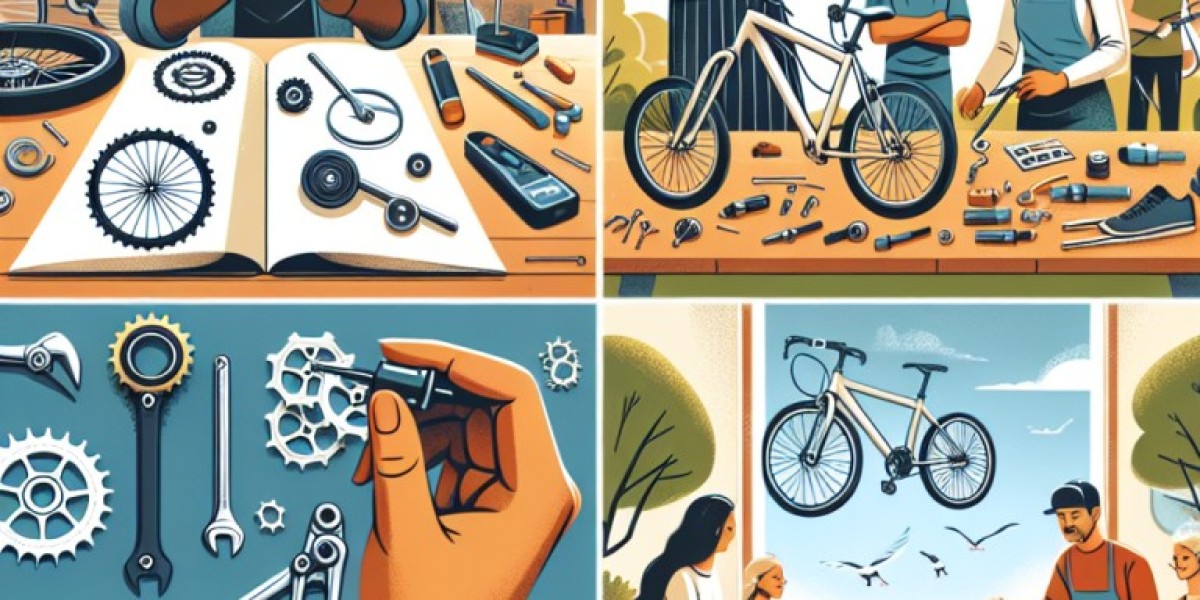In recent times, the phenomenon of sugar daddy dating has gained important traction globally, and South Africa is no exception. As financial disparities widen and the cost of residing continues to rise, many young South Africans are turning to sugar daddy dating sites as a means of monetary help and social connection. This article explores the dynamics of these platforms, the motivations of individuals, and the broader implications for South African society.
Sugar daddy dating sites usually connect older, wealthier men—referred to as "sugar daddies"—with youthful individuals—often referred to as "sugar infants"—who search financial help, mentorship, or companionship. In South Africa, in style platforms similar to SeekingArrangement, SugarDaddyMeet, and SouthAfricanSugarDaddies.com cater to this area of interest market. The allure of those websites lies within the promise of monetary safety and the potential for luxurious experiences, which could be notably appealing in a rustic the place youth unemployment is excessive and economic opportunities are limited.
One of the most striking elements of sugar daddy dating in South Africa is the numerous demographic of individuals. Whereas many sugar infants are college college students or younger professionals, the motivations for partaking in these preparations can range widely. For some, the monetary advantages are paramount, permitting them to pay for tuition, rent, or other residing bills. Others could seek the mentorship and networking opportunities that include being involved with an older accomplice, hoping to leverage these connections for profession advancement.
Conversely, sugar daddies often come from affluent backgrounds and could also be seeking companionship, intimacy, or just a sense of adventure. When you liked this short article in addition to you desire to acquire guidance with regards to sugar daddy websites nz kindly check out the website. The relationships formed on these platforms can range from informal encounters to more critical partnerships, with each parties typically coming into into the arrangement with clear expectations. Interestingly, many sugar daddies categorical a desire for emotional connection, which provides a layer of complexity to the transactional nature of those relationships.
The cultural context of South Africa plays a big position in shaping the sugar daddy dating panorama. The country has a posh historical past of economic inequality, and the legacy of apartheid continues to influence social dynamics. For many young South Africans, the idea of a sugar daddy can be seen as each a pragmatic answer to financial struggles and a mirrored image of societal values that prioritize wealth and standing. This duality raises questions in regards to the normalization of transactional relationships and their impression on conventional courting norms.
Moreover, the rise of sugar daddy dating website reviews daddy dating sites has sparked discussions around gender roles and empowerment. Some critics argue that these arrangements perpetuate outdated stereotypes of ladies as dependent on males for financial support, while others contend that sugar infants are exercising company by selecting to engage in these relationships on their own phrases. This debate highlights the need for a nuanced understanding of the motivations and experiences of individuals involved in sugar daddy dating.
Along with personal motivations, the implications of sugar daddy dating extend to broader societal points. The phenomenon will be seen as a response to economic challenges, with many young people feeling compelled to hunt various technique of financial stability. This development raises vital questions concerning the state of the financial system and the availability of alternatives for younger South Africans. As more individuals turn to sugar daddy dating as a viable choice, it underscores the need for systemic adjustments that tackle the root causes of economic disparity.
The online nature of those platforms additionally introduces unique challenges and concerns. Security and privateness are paramount concerns for both sugar daddies and sugar infants. Many contributors take precautions to protect their identities and private information, given the stigma that may be related to sugar daddy relationships. Additionally, the prevalence of scams and fraudulent accounts on these sites necessitates a cautious method to online interactions. Participants often share ideas and methods for navigating the panorama safely, emphasizing the significance of clear communication and establishing boundaries.
Regardless of the potential risks, sugar daddy dating sites proceed to thrive in South Africa, reflecting a rising acceptance of other relationship fashions. As societal attitudes towards courting and financial arrangements evolve, these platforms could grow to be more and more normalized. However, the complexities of these relationships warrant ongoing examination, significantly in relation to issues of consent, energy dynamics, and emotional nicely-being.
In conclusion, sugar daddy dating sites in South Africa symbolize a multifaceted phenomenon that intersects with cultural, financial, and social components. While they provide a technique of monetary assist for many young individuals, additionally they raise vital questions about gender dynamics and societal values. As the landscape continues to evolve, it's crucial to have interaction in open dialogues in regards to the implications of those preparations and to consider the broader societal context in which they exist. By understanding the motivations and experiences of those involved, we can gain helpful insights into the changing nature of relationships in contemporary South Africa.






